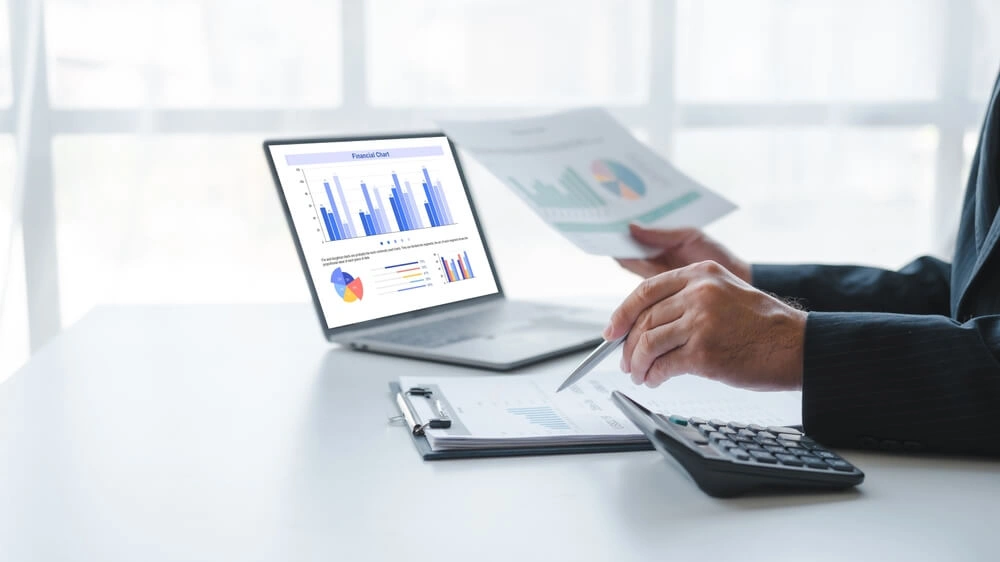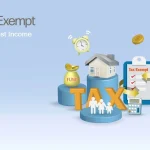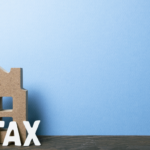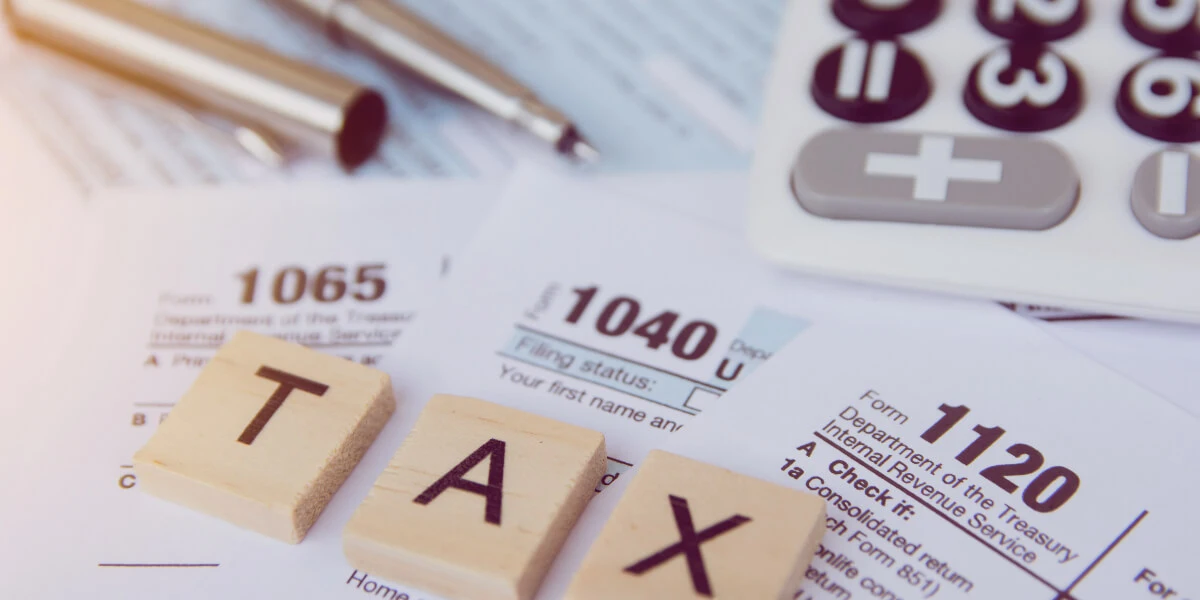Each year, millions of people rely on professional help — from CPAs to tax software — to file their returns. That help often comes with a price tag. The question is: Are tax preparation fees deductible on your taxes?
Let’s break down when you can deduct them, when you can’t, and how to structure your tax strategy to get the most out of every dollar you spend.

Content
Can You Deduct Tax Preparation Fees?
Short answer: No, not for personal taxes.
Long answer: It depends on your filing situation.
Thanks to the Tax Cuts and Jobs Act, most individual taxpayers can’t deduct tax preparation fees anymore — at least not through. The TCJA suspended several itemized deductions, including those for personal tax return preparation costs.
Not Deductible:
- Fees paid to a CPA for filing a personal return (Form 1040)
- Costs for DIY software like TurboTax or H&R Block (for personal use)
- E-filing fees or tax refund advance services
This means if you’re a regular W-2 employee with no side income or special tax situations, you won’t be able to deduct the cost of preparing your tax return — no matter how much you spend.
When Are Tax Prep Fees Deductible?
If your taxes involve more than just W-2 income, you may qualify for partial deductions. The IRS still allows business-related tax prep fees to be written off.
Deductible If Related To:
- Self-employment income (reported on Schedule C)
- Rental property income (reported on Schedule E)
- Farming income (reported on Schedule F)
Why Were These Deductions Eliminated?
The goal of the TCJA was to simplify the tax code by raising the standard deduction and reducing the need for itemized deductions. As a result:
- Standard deduction nearly doubled
- Many miscellaneous deductions — including tax prep fees — were suspended
This shift meant fewer taxpayers needed to itemize, but it also meant losing access to previously common deductions.
Business vs. Personal Tax Prep: What’s the Difference?
| Feature | Business Use | Personal Use |
| Deductible? | Yes, as a business expense | No, suspended by TCJA |
| Reported on | Schedule C, E, or F | Not applicable |
| Examples | Freelancer, Airbnb host, investor | W-2 employee, student, retiree |
| Type of Deduction | Above-the-line (lowers taxable income) | N/A |
Understanding this distinction is crucial. Misreporting personal expenses as business ones can trigger IRS scrutiny.
How to Report Deductible Tax Preparation Fees
If you qualify, you’ll report your tax prep fees as a business expense:
- Schedule C: Freelancers, gig workers, consultants, etc.
- Schedule E: Landlords, rental property owners
- Schedule F: Farmers and agricultural business owners
These deductions fall under “ordinary and necessary business expenses” per IRS guidelines, meaning they must be directly related to running your income-generating activity.
Real-Life Example: Freelancer Deduction
Let’s say you’re a freelance graphic designer and pay $800 to a CPA for your 2024 tax return. The CPA helps you file both your:
- Personal return (Form 1040)
- Business income (Schedule C)
If $500 of the CPA’s work was dedicated to your freelance business, you can deduct that $500 as a business expense — reducing your taxable business income and potentially lowering your self-employment tax as well.
Are Tax Software Costs Deductible?
Yes — but only the business-use portion.
Examples:
- Deductible: TurboTax Self-Employed, QuickBooks Self-Employed, TaxSlayer Pro
- Not Deductible: TurboTax Deluxe, H&R Block Basic (used for personal returns only)
If you split the software use (for both personal and business income), you must allocate the percentage of the fee related to your business filings.
Additional Deductible Tax Services
If you’re a business owner or investor, other tax-related services may be deductible as well:
- Bookkeeping or accounting services
- Tax strategy consultations
- Legal services related to taxes
Make sure these services are directly related to your business or taxable investments.
How to Track and Allocate Your Fees
To stay compliant and audit-ready:
Ask your CPA for an itemized invoice
Breaks down how much of the service was for personal vs. business purposes.
Use bookkeeping software
QuickBooks, FreshBooks, or Wave can help you tag and track tax-related expenses.
Use a business credit card
Pay for tax prep services related to your business from a business account to avoid mix-ups.
Final Thoughts
While most individuals can’t deduct tax preparation fees, business owners, landlords, freelancers, and investors still have options. Identifying and correctly deducting the business-use portion of your tax prep fees can lead to meaningful tax savings.
FAQs
Are tax preparation fees deductible for individuals?
No, not for personal income tax returns. The deduction was eliminated by the TCJA and remains suspended through tax year.
Will the rules change in 2026?
Possibly. The TCJA provisions are set to expire after unless Congress extends them or makes them permanent. Stay updated with a licensed tax professional or the IRS website.

Ryan Myers is a business blog author and writer. He graduated from the University of California, Berkeley in 2009 with a degree in Political Science. His favorite topics to write about are blogging for small businesses and becoming an entrepreneur.






